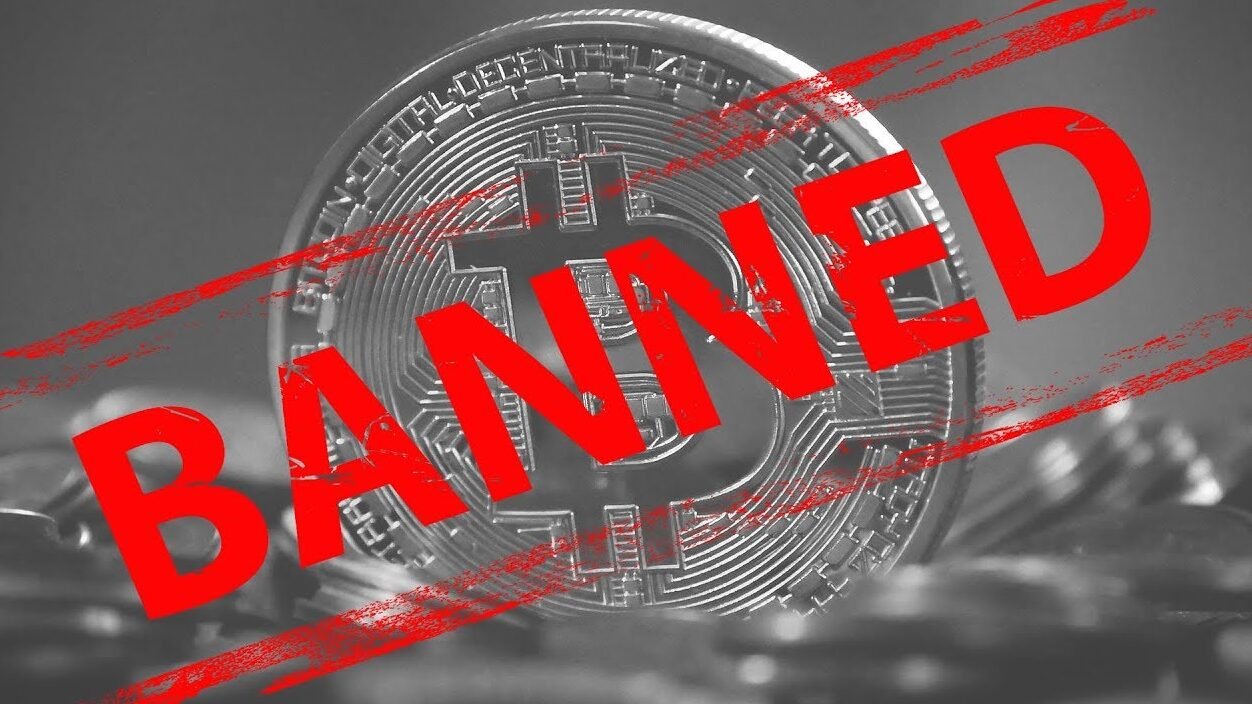Declaring a national Pakistan Bitcoin reserve, Pakistan took what seemed to be a historic step in a world fast turning toward digital finance and innovation. Made in Las Vegas during the Bitcoin 2025 Conference, the declaration attracted international notice. With desire and plan, the nation seemed set to embrace the world of cryptocurrencies. But that excitement soon faded when top officials back home refuted the announcement. What was touted as a technological advance has become a painful reminder of the nation’s internal policy misalignments and regulatory uncertainty.
Initially, it seemed like a visionary move into the future, but what now raises awkward issues about policymaking, government, and Pakistan’s openness to welcoming cryptocurrencies. The disintegration of the announcement exposed a lack of government cohesion and coordination, rather than just a public relations mistake.
Pakistan’s Bold Bitcoin Move
On May 28, 2025, Pakistan’s Minister for Innovation, Crypto, and Blockchain, social entrepreneur Bilal Bin Saqib, speaks in Las Vegas. He stunned delegates of one of the world’s most important Bitcoin conferences by announcing a Pakistani Bitcoin reserve. He described this decision as a metaphor of long-term economic strategy, emphasizing that the government will not sell its Bitcoin ownership.To uphold value and inspire confidence, it would be better to save them in a national wallet safely.
Saqib did not stop there either. He also stated that the government intended to distribute 2,000 megawatts of electricity for mining activities and data centre construction, particularly in remote provinces with underutilised power infrastructure. Encouraging economic development, utilising artificial intelligence innovation, and bringing Pakistan to the forefront of world digital banking were the objectives, he stated. Celebrating international cooperation and thanking the United States and the broader Bitcoin community for driving Pakistan’s digital revolution, his tone was one of festivity. For the worldwide crypto community, it sounded like a triumph—a developing nation choosing creativity over fear. However, the response varied significantly within Pakistan.
Crypto Ban Reaffirmed
Within hours of the statement, several top authorities, including the Ministry of Finance and the State Bank of Pakistan, battled to define the government’s actual stance. These establishments stressed that Pakistan still bans cryptocurrencies. Under current laws, using Bitcoin Price and other digital currencies is still deemed illegal for any financial transactions.

The public and foreign observers alike were astounded by this direct discrepancy between what was stated abroad and what was followed here. The central bank of Pakistan had never approved any state-backed cryptocurrency policy, and there was no evidence of a national Bitcoin reserve approved by any official government channel. One could feel the humiliation. It was apparent that Bilal Bin Saqib’s comment contradicted the financial authorities and central monetary policy departments. The declaration to integrate Bitcoin into Pakistan’s economy was unconfirmed and seemed more like unofficial enthusiasm than a policy.
Political and Religious Pushback Intensifies
This event brought attention to a more underlying problem: Pakistan’s disjointed approach to technological policy. Although driven and highly esteemed, Saqib lacks legislative or executive authority in financial matters. Although symbolically significant, his advisory role does not grant him the authority to commit Pakistan to any official stance or control national economic policy.
Political system critics inside Pakistan seized on the inconsistency. Immediately, opposition leaders denounced the move as dangerous and accused the government of bypassing Parliament and state institutions. Some branded it a gimmick to seek favour with foreign investors, or perhaps to coincide with global political leaders like Donald Trump, whose allies have loudly supported cryptocurrencies. Rekindling long-standing objections to cryptocurrencies, religious academics and conservative media sources have questioned their adherence to Islamic financial principles and cautioned about economic instability. The narrative veered rapidly from one of hope to one of uncertainty and criticism.
Public Confusion and Eroded Confidence
Public opinion ranged from great interest in the inquiry to total perplexity. Many Pakistanis turned to social media to find out if a new law had been passed under public awareness or if the ban on cryptocurrencies had been overturned. Others criticised the lack of openness and communication in the management of such a significant project. Days later, the news that had received cheers in Las Vegas was generally regarded as self-inflicted political damage. It not only put into doubt Pakistan’s government’s general ability to lead in the digital economy but also degraded the legitimacy of its crypto movement. Originally applauding the initiative’s bravery, investors and onlookers now worried that the nation was unprepared for the complicated reality of crypto governance.
The Promise and Peril of a Bitcoin Reserve
For a developing nation, the concept of a Bitcoin reserve surely has transforming power. When done right, it can provide a buffer against inflation, offer alternative investment options, and drive blockchain innovation. For example, El Salvador has followed this path with variable but interesting outcomes, attracting worldwide attention and starting a discussion on digital sovereignty.
Pakistan’s circumstances differ, nevertheless. The nation lacks public education campaigns, institutional clarity, and a regulatory framework required to implement a national digital asset reserve. Legal uncertainty persists regarding the use of cryptocurrencies, and the central bank has consistently cautioned against the volatility and associated risks. Starting a state-sponsored Bitcoin project in such a setting is not only ambitious but also hazardous without a solid foundation. The early announcement tarnished Pakistan’s credibility rather than helping it become a modern, tech-savvy country.
A Cautionary Tale in Digital Governance
The episode on the Bitcoin reserve is a potent cautionary tale. It demonstrates how the absence of strong government, legal support, and inter-agency cooperation can cause even well-meaning innovation to fail. For Pakistan, this entails reconsidering how new technologies are introduced, explained, and regulated.

External signals from the government must align with internal policies and procedures. Announcements made on international platforms must represent an agreement among home institutions. Above all, new projects must be established on a strong legal and regulatory foundation. Not only is it a technological concern, but cryptocurrencies also interact with public trust, diplomacy, national security, and financial systems.
Turning Chaos Into Opportunity
Pakistan’s missteps in revealing a Bitcoin reserve could have closed one door but opened another. Should the upheaval inspire reform, namely a significant national dialogue on digital infrastructure, cryptocurrency, and innovation policy, then it may eventually prove beneficial. That will, however, call for more than just vision. It will require, above all, coordination, clarity, and responsibility. Though only if the institutions supporting it are ready to handle its complexity, technology can be a tremendous equaliser. Pakistan’s foray into Bitcoin, to date, has revealed more about what it lacks than what it aspires to become. The future actions of the government will determine whether this occurrence marks a turning point or a warning sign.
